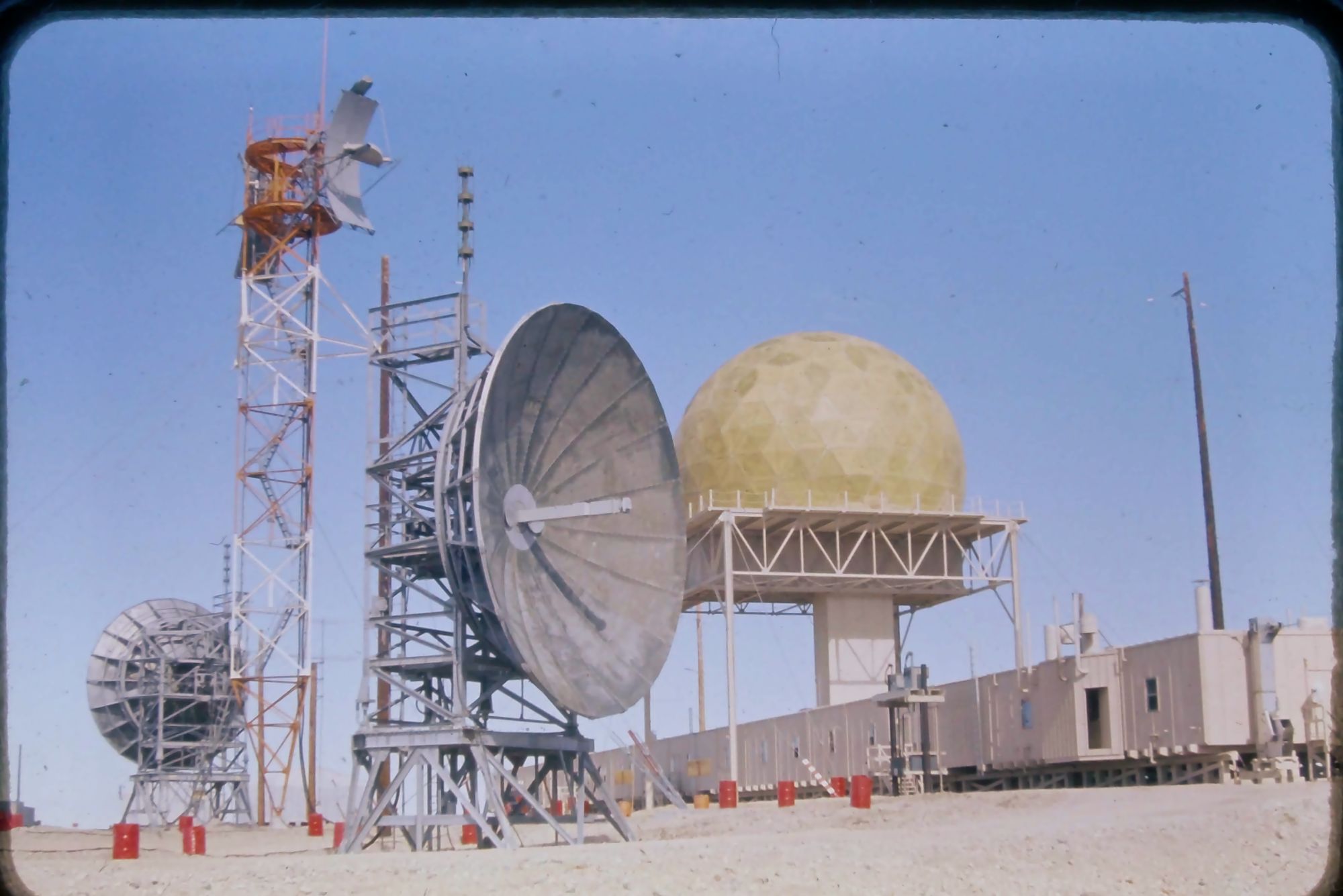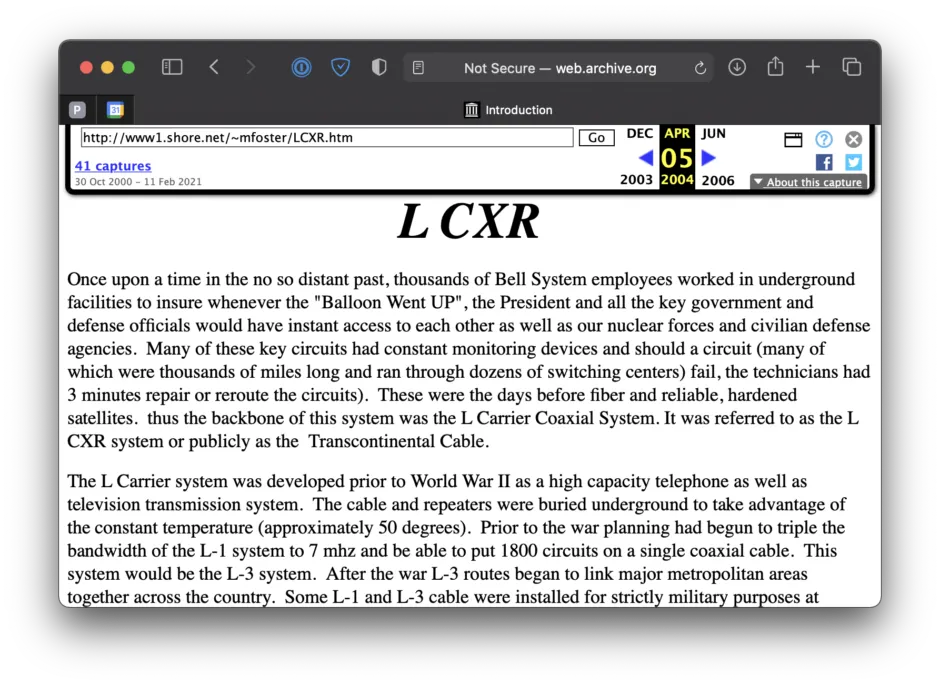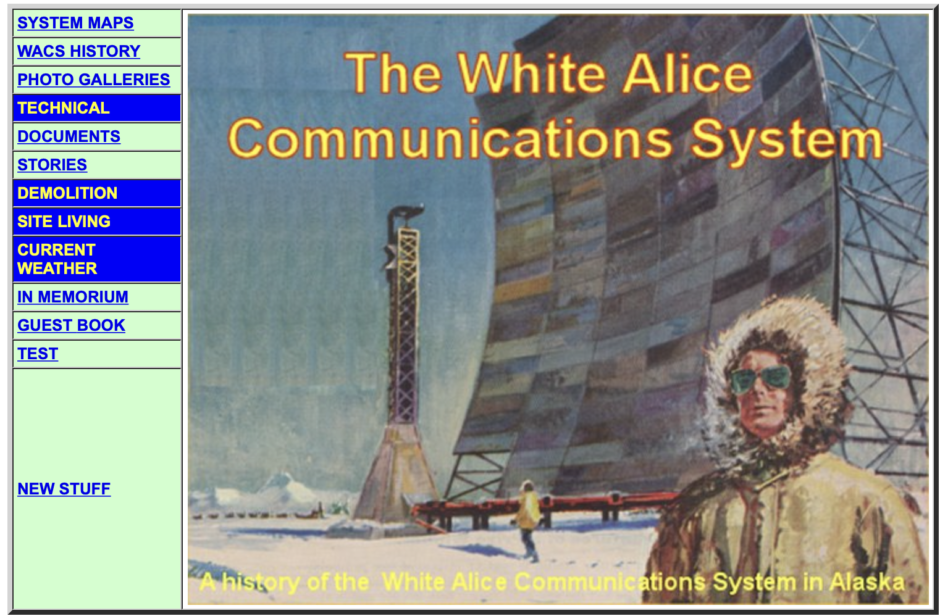The Vanishing Line of Cold War-era History

Over the past couple of weeks, I've been researching and collecting information on Cold War technology (a topic of personal interest for me). I've been gathering information on how technology advanced and infrastructure was built in the shadow of a fear of nuclear war. As I've been doing this research, I find a lot of sources for this information are brittle at best. Many of these details are stored in loose message boards, personal websites that come straight from the early 2000s, and many other sites that only exist on the Internet Archive now.

I think this material is uniquely timed to show the vanishing line of internet history. The Berlin Wall came down in 1989, the Cold War officially ended in 1991 with the break-up of the Soviet Union, and Cold War-era policies started to unwind throughout the 90s. Many people then started wanting to document this wind-down and their lived experiences, and everyone had AOL CDs in their mailbox to join this new World Wide Web.
Geocities started in 1994, and AngelFire in 1996. If you wanted to upload some photos of the microwave transmitters you worked on for AT&T that were hardened for the Cold War, setting up an AngelFire was just a click away. Dozens of these sites exited on free website platforms and on ISP-provided web hosting (in the 90s and 00s, it was common for ISPs to give customers 5 or 10 MB of FTP-accessed webspace).

Seeing just how much of my research is in this vanishing point is alarming. I suspect the Cold War is one of the first major events that's entering this event horizon into the black hole of the internet, and many more will in the coming years. We like to think of the internet as eternal, but the more I work on this research the more that's obviously not true. The Internet Archive is a great resource, but by no means is it comprehensive. I'll often be able to find web pages with missing images, or websites with a missing page or two. You can't help but feel day by day the bits are fading away.
When large communities like GeoCities, MySpace, and AngelFire go offline, large swaths of human knowledge vanish with them. The work the Internet Archive is doing is invaluable (you should totally support them), but it's not a perfect solution. I'm not sure what the solution is, but for my part, I've been collecting information and doing my best to share it with compilations on different topics with ColdWar.Tech (on TikTok, Instagram and Twitter) to hopefully share this knowledge with a new generation. In the future, I also might look into making some longer-lived repository for the media resources that are at risk of being lost to time.
I'm curious if others have noticed this effect, and what resources have you noticed being lost to time?
